clay blair: what happens when you give a damn
Clay Blair: What Happens When You Give a Damn
From recording in his parents' basement to contributing to a Grammy-winning album, Clay Blair's journey is driven by one simple truth: great records happen when you stop chasing trends and start chasing magic.
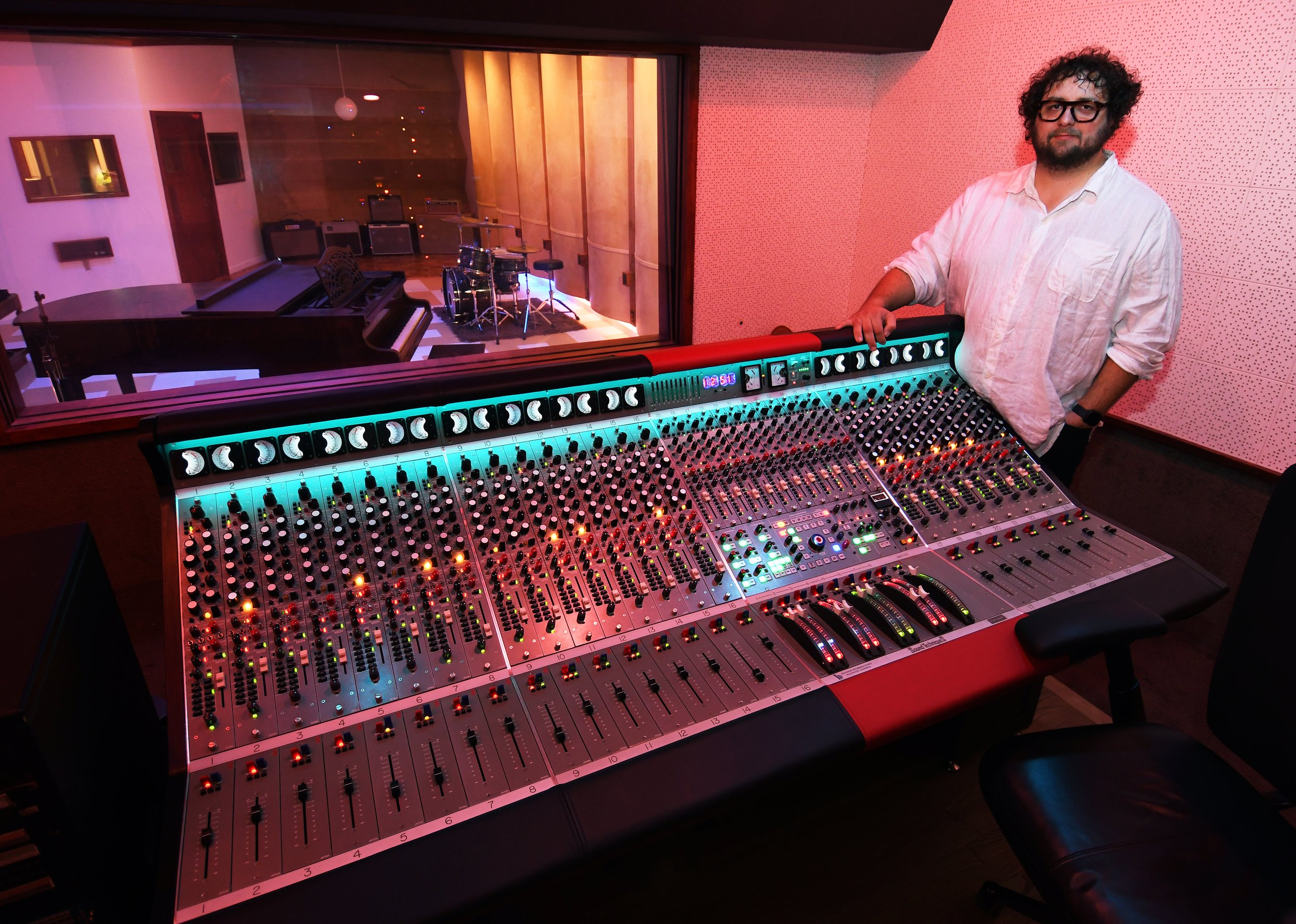
I had this band play "Halfspeak" too fast, then slowed the whole thing down with the tape machine. Suddenly it actually sounded like the title. Sometimes the obvious move is wrong.
That's the difference between caring and just getting it done.
The State of Things
Let's be honest about where music is heading. AI-generated tracks flooding streaming services. Bedroom producers with cracked plugins calling it done after the first bounce. Artists self-producing because they think they should, not because they know how.
But here's the thing—there's also incredible art being made. People using the same tools everyone else has access to in ways nobody expected. The democratization isn't all bad. Some artists are finding new sounds precisely because they don't know the "rules."
The problem isn't the tools. It's the ocean of vanilla safe choices that comes with them. Presets. Tutorial-following. Music that sounds like music but doesn't feel like anything. When everyone has the same plugins, most people make the same choices.
And AI? It's already creating mediocre crap at an industrial scale, and it will eventually take mixing and mastering jobs. The machines are getting better at copying what we do. But the weird thing is, it's also pushing some artists to get weirder, more human, more deliberately imperfect.
I've been working out of Boulevard Recording since 2010. More than anyone else who uses this room. And every year, I watch the bar get lower. Not because artists are less talented—they're not. But because most people stopped pushing back. Most people stopped saying "that's not good enough."
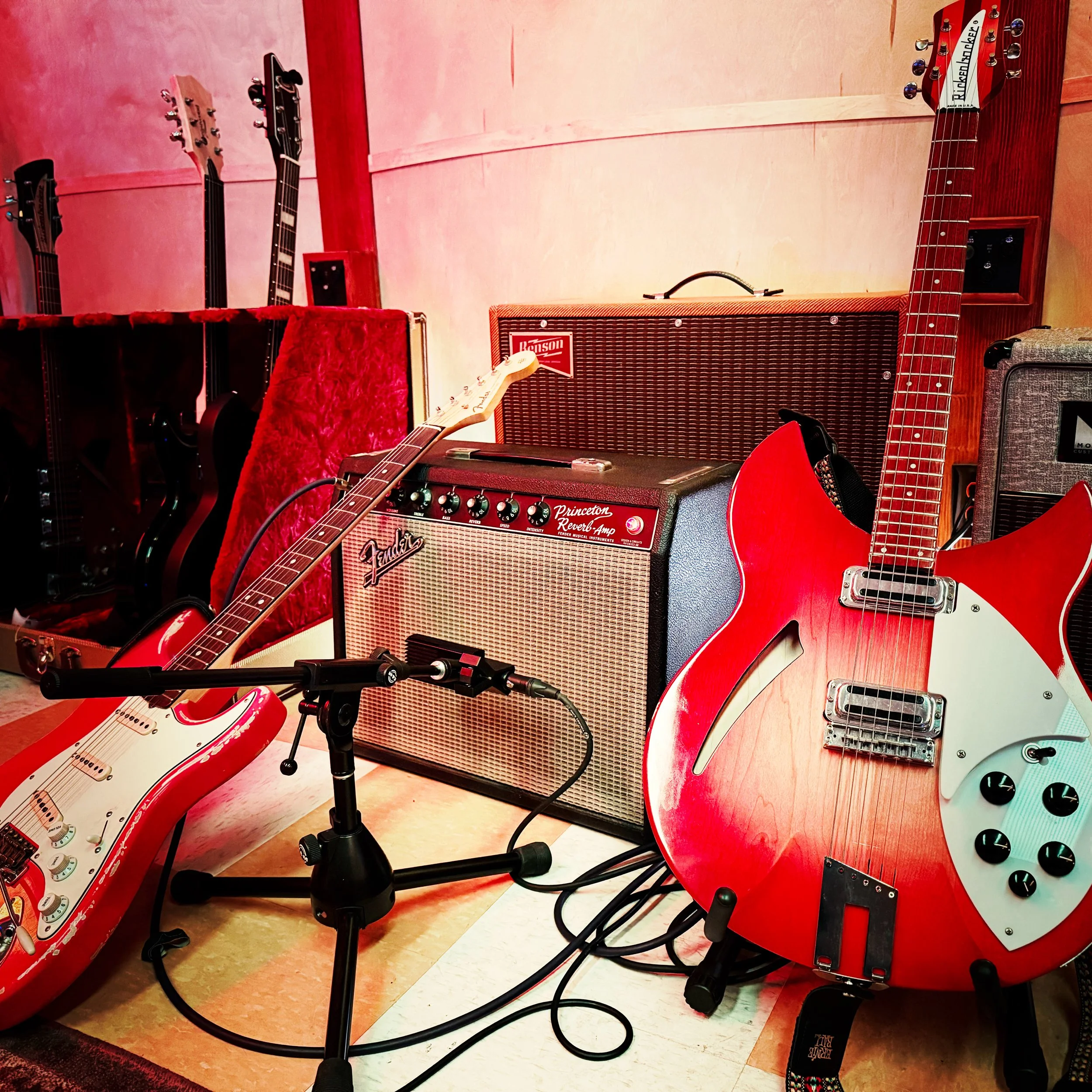
Why Any of This Matters
Look, I'm driven by the same thing that drives most creative people—dopamine. Those little moments that make you want to listen again. Maybe it's a mistake that turns out perfect. Maybe it's the way a vocal cracks at just the right second. Maybe it's succumbing to a Neve DI and a fuzz pedal straight in after trying every single amp in the studio because nothing else was cutting through for that guitar solo.
Music was in a bad place a few years back. Everything so perfect it was predictable, so polished it was pointless. No room for wandering, no space for accidents. But something's shifting. Post-COVID, people are hungry for real again. Music is in a really interesting place right now, and I'm here for it.
The Real Work
To be honest, I never wanted to own a studio. Sure, I wanted my own space to work, but not one with Hollywood overhead that needs constant care. It all falls on me to deal with or fix myself. I've taught myself over the years how to do almost everything from a studio maintenance standpoint—repairing equipment, drum tuning, wiring, carpentry, guitar setups, pedal knowledge, how to fix a Wurlitzer, a Rhodes, a transistor organ, you name it. Even a tube organ. Nobody else is going to do it. It's on me.
Sometimes I wish I could focus on what I'm best at, and that really is being in a room with people working on a project. I can see and hear things from a mile away that need attention, or I can hear how a part might need to sound or even go. I'll go play it or start to play it for someone in the studio to carry it onto the track.
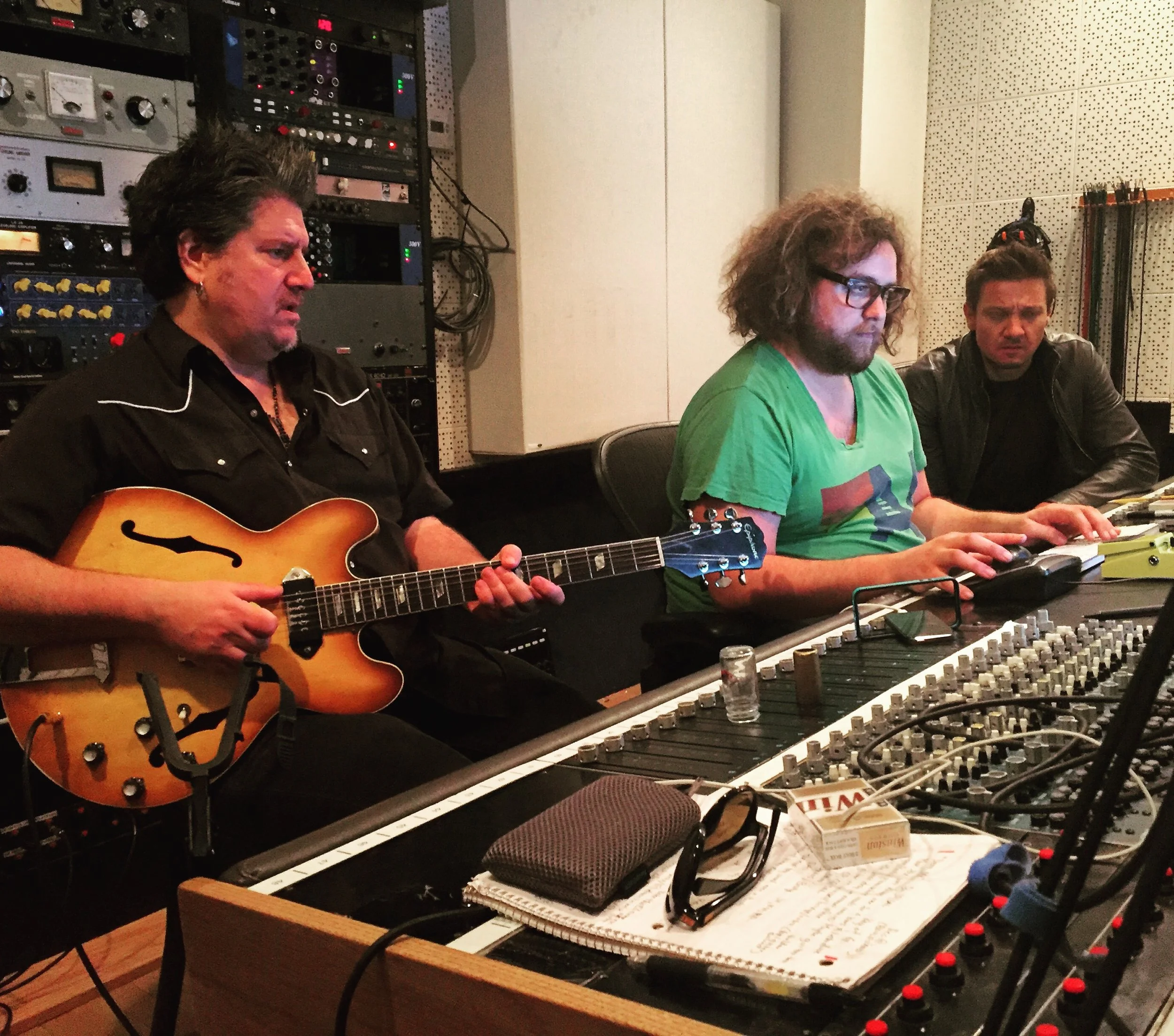
But here's what I've learned: if it's not right, we change it. Period. That might mean cycling through every amp I own to find the right voice for a solo. It might mean rethinking the arrangement at hour six. Maybe it's the part, the guitar, the amp, the pedal, the player, the snare, the cymbals—whatever it takes. We find it together.
This isn't about being a perfectionist. Perfect is boring. It's about finding those moments that make you hit repeat. The ones that feel like discovering something instead of just hearing something.
What Giving a Damn Looks Like
It starts with hearing the song that's trying to emerge, not just mixing what's there. Sometimes that means telling an artist their third take had more hunger than their fifteenth. Sometimes it's running that comped vocal through a real plate reverb or tape echo because the plugin isn't giving us the space we need, or reamping it through the live room or a makeshift chamber in the lounge.
Or maybe it's bigger moves—like the time I convinced a band to play their song too fast, then slowed the tape down to create something that actually matched the vibe they were reaching for. These aren't party tricks. They're what happens when you care more about the song than the session schedule.
Most importantly, it's about protecting the weird, the different, the human. The little imperfections that AI would smooth out. The strange choices that don't make sense on paper but work in the speakers. The personality that makes an artist worth listening to in the first place.
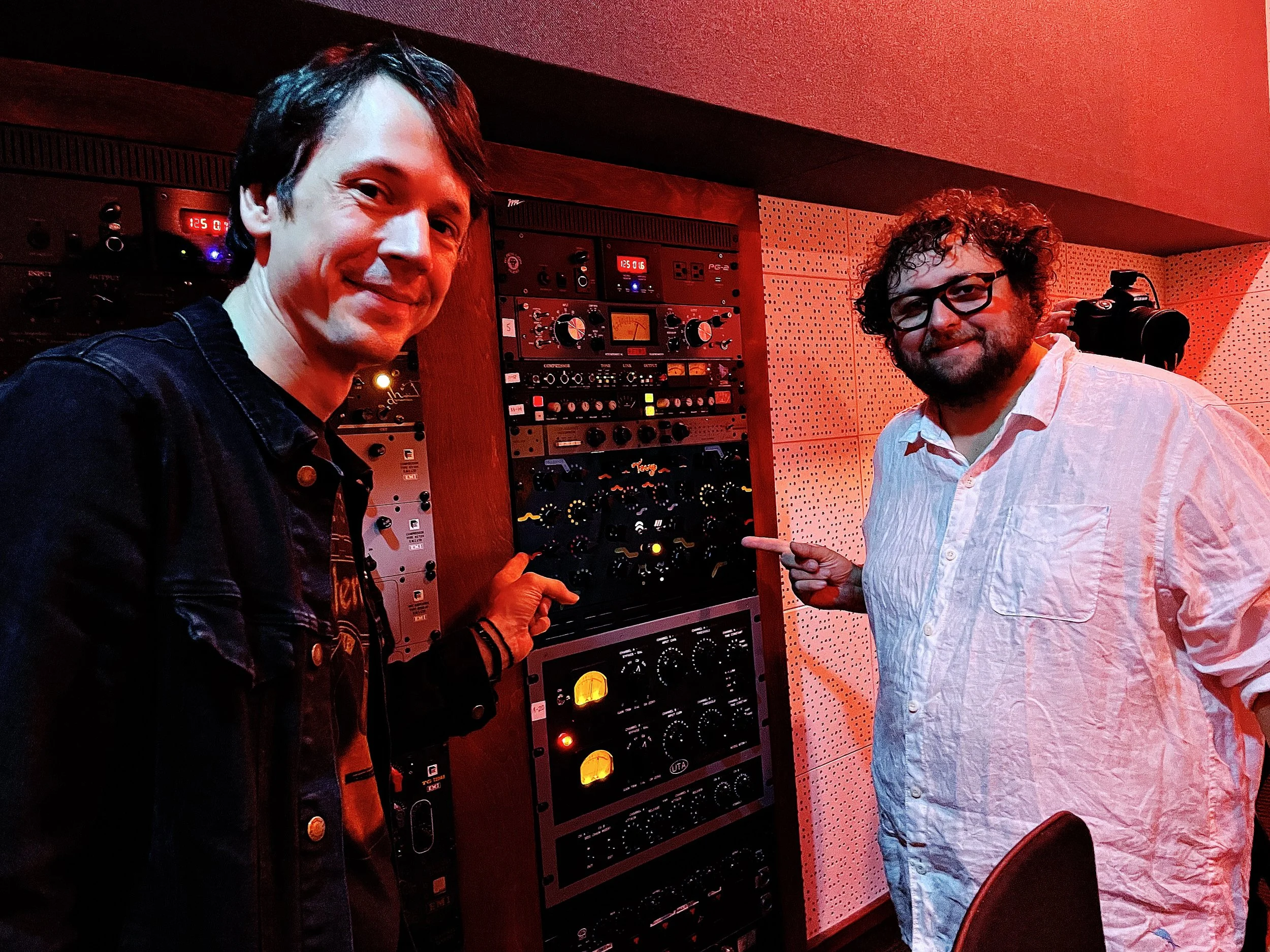
What I'm Fighting For
The robots are coming for everything predictable. They're already here, actually. Making beats, writing hooks, even mixing and mastering. And they're getting better every day at copying what we do.
The only defense is to be aggressively, unapologetically human. To make choices a computer wouldn't make. To chase the imperfect magic instead of the perfect average. To push artists beyond their comfort zones because that's where the timeless stuff lives—in the uncomfortable moments, the weird decisions, the happy accidents that an algorithm would never allow.
Your Choice
You can make your record anywhere. You can self-produce. You can use AI. You can follow the tutorials and use the presets and sound like everyone else. It's easier. It's cheaper. It's faster.
Or you can work with someone who gives a damn. Who's been in this room six days a week for 14 years because the alternative—a world where all music sounds the same—is unacceptable.
I'm not here to make you sound like your influences. I'm here to help you sound like the artist you're supposed to be. The one who has something to say that matters.
Because if we don't fight for that now, what are we leaving behind?
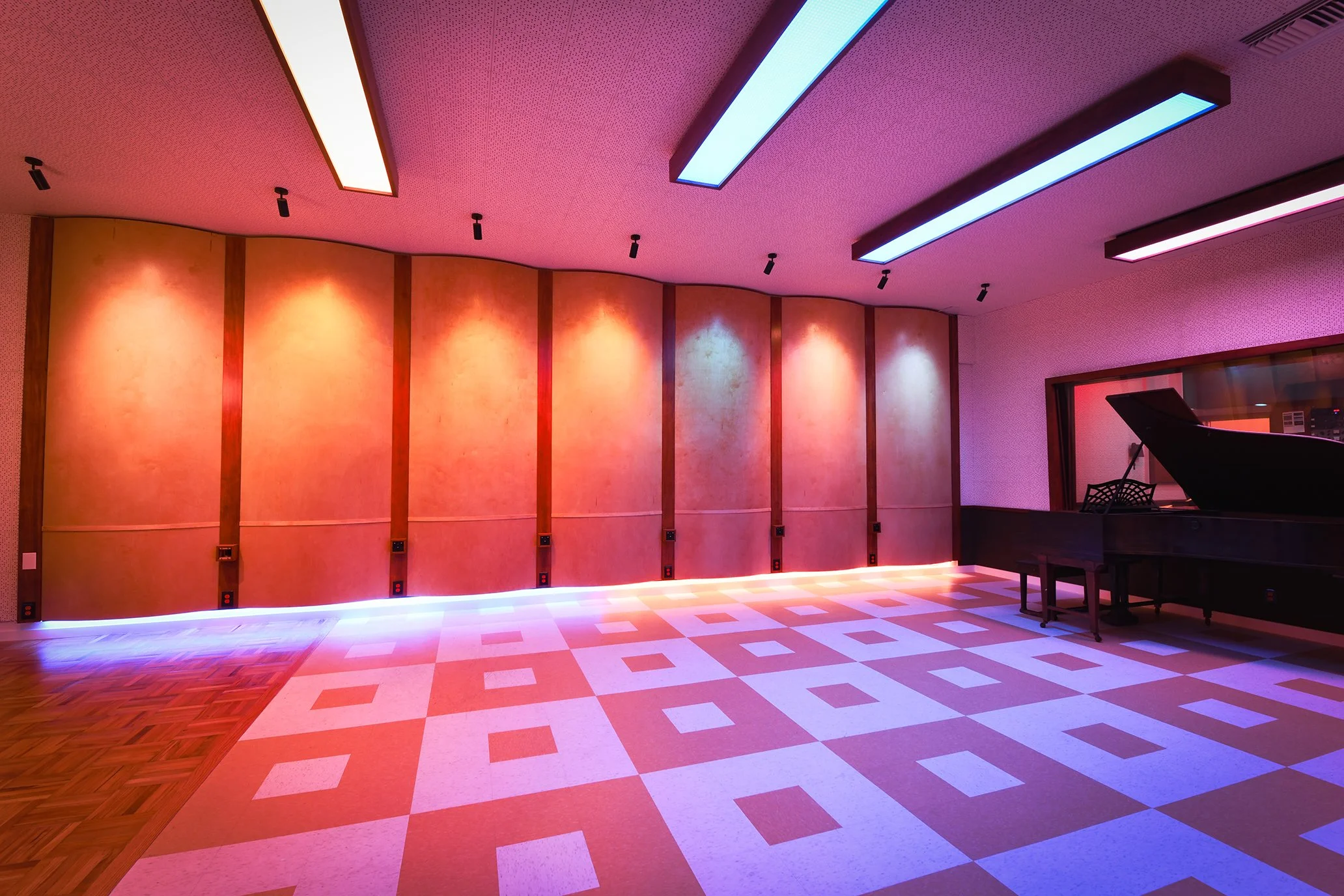
Ready to make something that matters?
Clay Blair has been producing and mixing out of Boulevard Recording since 2010. He believes the future of music depends on humans making human choices.
Call: 323-337-6911
Email: jaymes@boulevardrecording.com
Visit: 6035 Hollywood Blvd
One room. One client at a time. One focus: your music.

